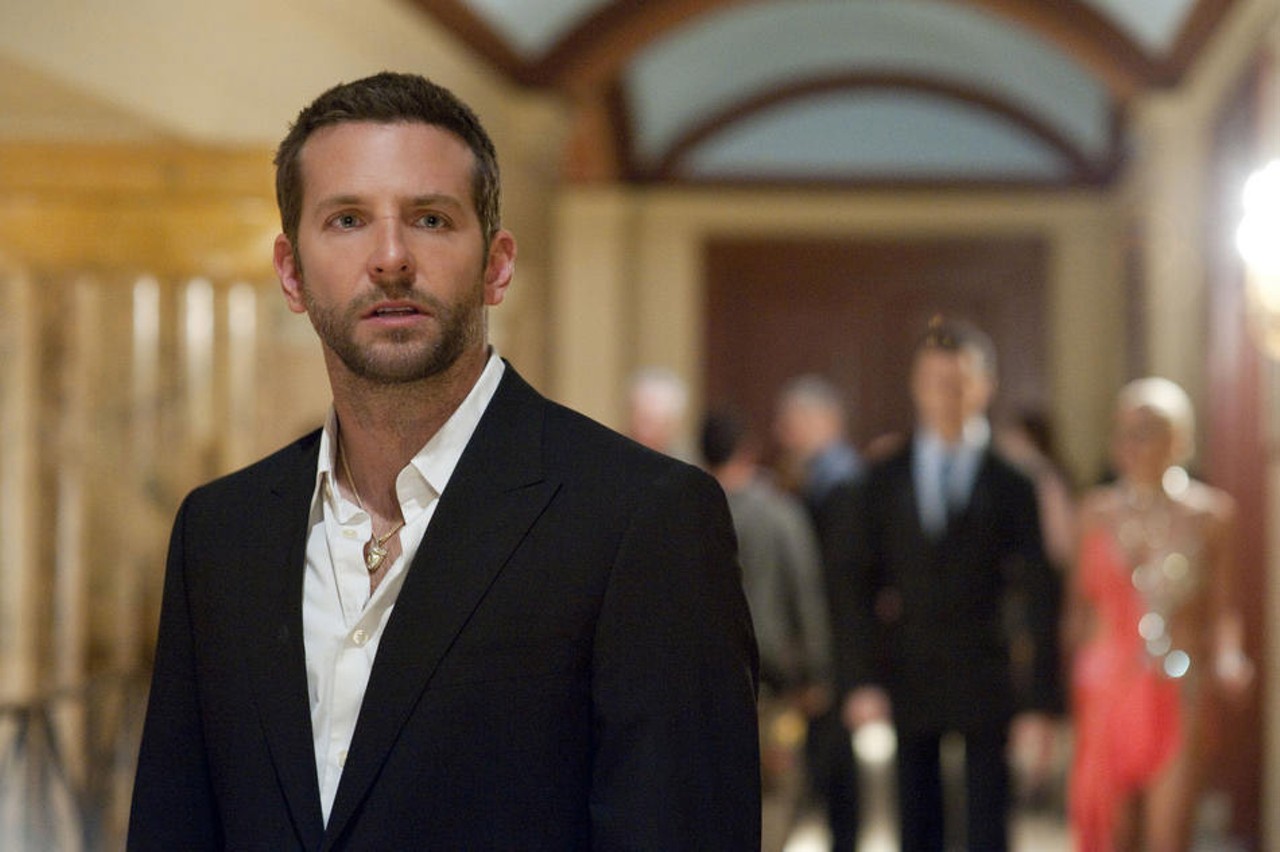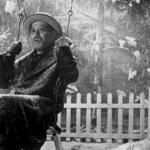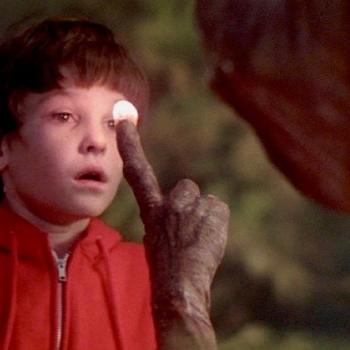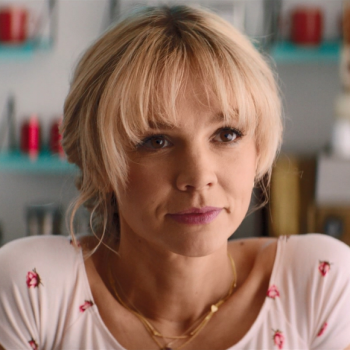
The relationship between accepting yourself as you are and striving to live as your best self can feel somewhat contradictory. I bring this up here because I have observed some who cite this supposed opposition as reason for not believing in God or not participating in a church. If I were to distill all these arguments into one single statement, it might read something like, “If God created me, why can’t others accept me as I am?” Or just as often, “Why can’t God accept me as I am?”
It’s a valid inquiry, but not one that I think needs to push us away from God. Recognizing one’s divinity and worth does not preclude a need to work on oneself to become the best version of oneself. These two facets of living actually go hand-in-hand, and I can’t think of another film that demonstrates this quite as effectively as Silver Linings Playbook.
The film sees Pat Solitano fresh out of a mental hospital after a mental breakdown spurred a violent episode in which he nearly beat his wife’s lover to death. But Pat is determined to win her back, and he is certain he can. All he has to do is become the man of her dreams. And maybe this other woman, Tiffany Maxwell, can help him do just that. After all, Pat and Tiffany share a certain history of struggling to manage their respective illnesses, and they both struggle to find where they belong in a world that is constantly telling them they’re not good enough. Who knows? They might be just what the other needs.
Pat’s story is a sort of meeting ground of the human needs for self-improvement and self-love, and Pat’s story pulls this off in a way that feels always authentic, never patronizing. This will more or less be a survey of Pat’s character arc, and a really short one at that. (I dive into this in more detail in my essay I posted on my other film blog, and I am not above giving that a shameless plug here.)

Right off the bat, we see that Pat has a lot of traits that can be described as virtuous. He is optimistic, he speaks up for people, and his ability to focus on what he wants is unmatched. But not everyone appreciates these attributes or even sees them as strengths at the start. In fact, some would see these qualities as tokens of his naivete. Maybe this kid just needs to lower his expectations. That is the viewpoint that Pat will have to disprove.
Despite what the world would tell him, Pat is not wrong for wanting happiness, nor for believing he has the capacity to find it for himself–either in the broadest sense of feeling self-fulfilled or specifically in the context of lasting love. He is also not wrong for deliberately seeing the best in himself or other people. His idealism helps make the people around him better, whether or not they want to embrace his commitment to happiness at the start. It’s made very clear in film that these are admirable qualities, signs that even at his most fragile, Pat had attributes of godliness that deserve to be recognized by him and others.
So, where is Pat wrong, then? Why does he still need to evolve?
Pat measures his entire sense of worth based solely on whether his ex-wife, Nikki, approves of him. If Nikki won’t love him, no one could. This isn’t exactly a mindset that engenders strong self-esteem (neither is it particularly respectful to Nikki and all her personhood). This is where Tiffany comes in.
Tiffany is a ball of thorns too. She’s volatile and hostile. But she also has her own values and strengths that are not seen as such by most who come in contact with her, something she has in common with Pat. She also has had her own brushes and struggles with mental illness. In a lot of ways, Tiffany and Pat are perfectly equipped to understand one another, even when no one else will.

But Pat initially resists his pull toward Tiffany because to him, she represents everything about himself that he has been conditioned to dislike. What’s worse–she seems perfectly content as she is. But Pat is not only his happiest when he’s with her, he finds himself becoming the person he’s always wanted to be when they’re by each other’s side.
At first, Pat approaches his road to self-improvement with shame and with a very narrow view of success. He cannot conceive that a person who might need therapy or medication would be deserving of the love of someone like Nikki, which is why he refuses to apply them at first. It makes sense, then, that Pat’s ability to more fully love himself rises in tandem with his ability to love someone like Tiffany, to see that they are both worthy of love and admiration even with (or perhaps because of) their struggles.
Watching Pat become his best self is such a gratifying experience for the viewer, as is generally the case in well-told stories. The thrill of that upward momentum would have been denied him if he had started his journey as self-assured and full of grace. Why would a God who loves us create us with flaws and imperfections? Maybe it’s because one of the most divine experiences a person can have is that of discovering their own strengths and honing them, finding the godliness within us and willing it out into the open.
Why would we want God to deny us this?














